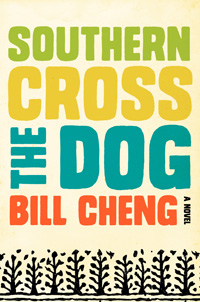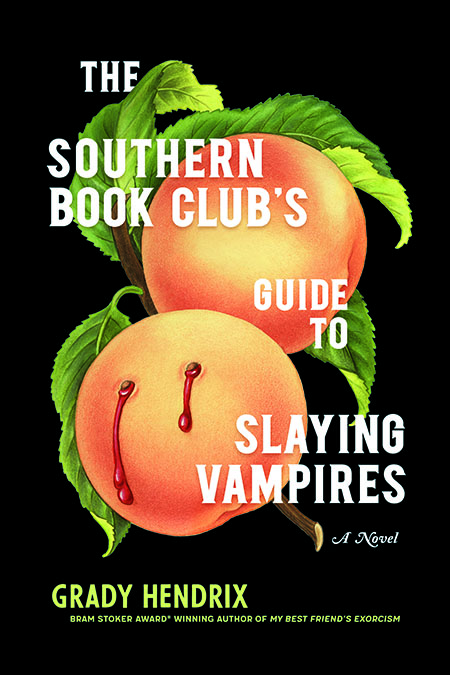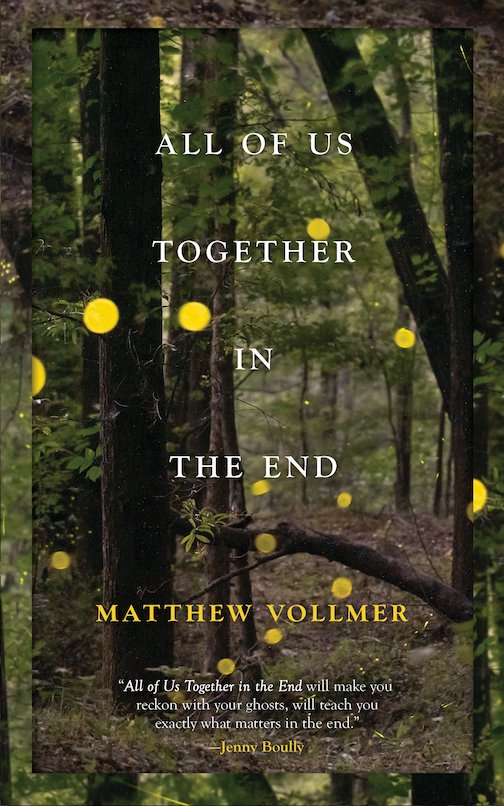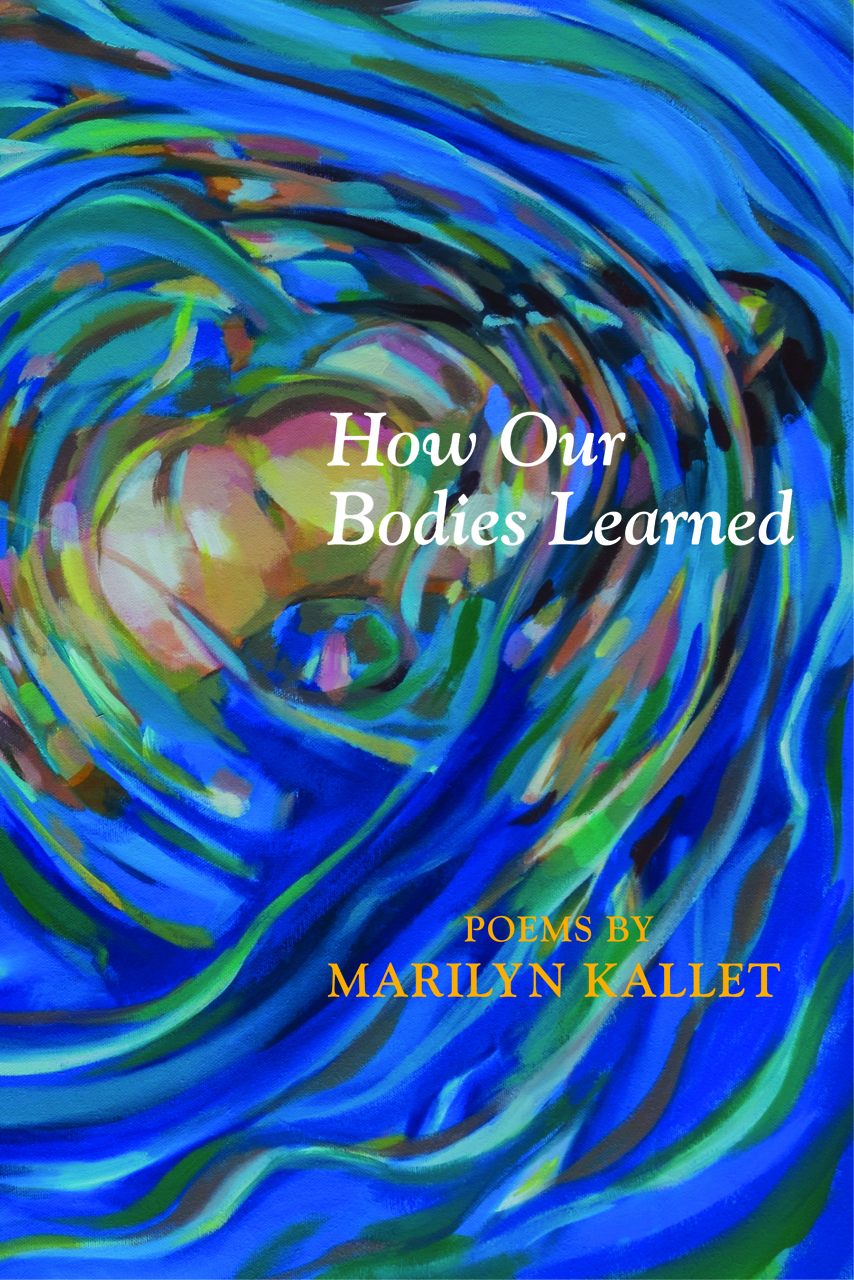Hellhound on His Trail
Bill Cheng’s debut novel, Southern Cross the Dog, channels Delta Blues mythology with striking authority
Early on in his debut novel, Southern Cross the Dog, Bill Cheng describes a group of men taking a break after a day’s forced labor in the aftermath of the Great Flood of 1927: a hog roast accompanied by the music of Eli Cutter, a grifting bluesman. Cutter “would drink that white whiskey and beat those keys and make them forget,” writes Cheng. “The crooked card games, the lying women—one more song, just one more song. They’d rise to their feet, and shut their eyes, feel the wash of sound against them, pulling back like sand on the tide.” The hypnotic power of the blues courses through Bill Cheng’s prose, and Cheng’s reverence for classic Delta blues is indisputably the foundation upon which this novel is built.
 Much has already been made of the fact that, before writing Southern Cross the Dog, Bill Cheng, a New Yorker and the son of Chinese immigrants, never so much as visited the state where the novel is set. Mississippi, of course, is literary territory over which a rather imposing shadow has long been cast. “The presence alone of Faulkner in our midst makes a great difference in what the writer can and cannot permit himself to do,” Flannery O’Connor once famously said. “Nobody wants his mule and wagon stalled on the same track the Dixie Limited is roaring down.” Fittingly, Cheng’s first visit to Mississippi—just a day before his appearance at Parnassus Books in Nashville on May 22, 2013—will be at the famed Square Books in Oxford, Mississippi, Faulkner’s “own little postage stamp of native soil.”
Much has already been made of the fact that, before writing Southern Cross the Dog, Bill Cheng, a New Yorker and the son of Chinese immigrants, never so much as visited the state where the novel is set. Mississippi, of course, is literary territory over which a rather imposing shadow has long been cast. “The presence alone of Faulkner in our midst makes a great difference in what the writer can and cannot permit himself to do,” Flannery O’Connor once famously said. “Nobody wants his mule and wagon stalled on the same track the Dixie Limited is roaring down.” Fittingly, Cheng’s first visit to Mississippi—just a day before his appearance at Parnassus Books in Nashville on May 22, 2013—will be at the famed Square Books in Oxford, Mississippi, Faulkner’s “own little postage stamp of native soil.”
Nevertheless, while Cheng’s lyrical prose suggests the requisite acquaintance with Faulkner, it is clear from the outset that he is mining a different mythology in Southern Cross the Dog. Cheng makes no secret of how much his novel owes to classic blues; indeed, the final paragraph of the author’s acknowledgements at the end of the novel is devoted to “the ghosts” of “the late great bluesmen who have given me so much,” from Big Bill Broonzy to Bukka White.
Indeed, the prominent themes and motifs of early-twentieth-century blues drench Southern Cross the Dog from the very first lines: “When I was a baby child,” says Robert Chatham, “they put the jinx on me,” echoing the themes of blues standards like “Hoochie Coochie Man” and “Born Under a Bad Sign.” Within a few pages, Robert’s family is driven from their home by the catastrophic Great Flood of 1927, memorialized in Kansas Joe McCoy’s “When the Levee Breaks,” an obscure blues song recorded in 1929 and introduced decades later to millions of listeners by Led Zeppelin as a thundering hard-rock dirge. The novel is essentially structured around the invocation of classic blues tropes, from the notorious powers of the hoodoo man and his mojo bag to, of course, the infamous “deal with the devil” that leaves the bluesman doomed to an inevitable day of judgment, until which he is haunted by hellhounds on his trail.
One needn’t be familiar with classic blues—or even many of the songs they come from—to recognize these themes: they’ve been reinvented or reverently borrowed from by everyone from the Rolling Stones, Led Zeppelin, and Cream to contemporary blues scholars like Jack White, Nick Cave, and Beck. Given the fact that the 60s British Invasion was necessary to introduce millions of Americans to the richest, strangest, and most mysterious strains of their own musical heritage, it seems perfectly fitting that the same territory should be reinvented in literature by a young Chinese-American New Yorker. Such themes resonate for all listeners and readers and reinforce the artistic possibilities inherent in the fusion of scholarly obsession and visionary imagination.
 Structurally, Southern Cross the Dog resembles a mix-tape of classic blues, moving between first- and third-person points of view and traveling through a non-linear, disparate group of settings and characters, with Robert Chatham’s journey as the center around which the set pieces are arranged. Robert moves from the horrors of the flood to the Hotel Beau-Miel, where he encounters a benevolent Madame, the tormented bluesman and ex-con Eli Cutter, and Augustus Duke, the sotted entrepreneur who hopes to exploit Eli’s gifts for profit. It is Eli, trained in boyhood as a conjure man, who rescues Robert from injury and tells him he is “crossed worse than the blackest jinx.” Eli gives Robert his mojo bag, but warns him of the perils he will face: “Don’t ever take your devil out, because he might not let you put him back in. Don’t lose it, don’t show it to nobody, and don’t you lay around with it. This is your devil, see. You’re tied to it, and it’s tied to you.” Henceforth, Robert is haunted by the Dog of the novel’s title: the image of a black hound, the “Hellhound on My Trail” most famously associated with Robert Johnson, the ill-fated blues guitarist alleged to have sold his soul to the Devil in exchange for his musical gifts. Robert Chatham soon finds himself on a Faustian odyssey through the swamps of the Yazoo, where he encounters a group of nearly feral fur trappers, old friends and enemies, and a pair of extraordinary women who help lead him to unexpected reckonings with both fate and the past.
Structurally, Southern Cross the Dog resembles a mix-tape of classic blues, moving between first- and third-person points of view and traveling through a non-linear, disparate group of settings and characters, with Robert Chatham’s journey as the center around which the set pieces are arranged. Robert moves from the horrors of the flood to the Hotel Beau-Miel, where he encounters a benevolent Madame, the tormented bluesman and ex-con Eli Cutter, and Augustus Duke, the sotted entrepreneur who hopes to exploit Eli’s gifts for profit. It is Eli, trained in boyhood as a conjure man, who rescues Robert from injury and tells him he is “crossed worse than the blackest jinx.” Eli gives Robert his mojo bag, but warns him of the perils he will face: “Don’t ever take your devil out, because he might not let you put him back in. Don’t lose it, don’t show it to nobody, and don’t you lay around with it. This is your devil, see. You’re tied to it, and it’s tied to you.” Henceforth, Robert is haunted by the Dog of the novel’s title: the image of a black hound, the “Hellhound on My Trail” most famously associated with Robert Johnson, the ill-fated blues guitarist alleged to have sold his soul to the Devil in exchange for his musical gifts. Robert Chatham soon finds himself on a Faustian odyssey through the swamps of the Yazoo, where he encounters a group of nearly feral fur trappers, old friends and enemies, and a pair of extraordinary women who help lead him to unexpected reckonings with both fate and the past.
The novel’s broad, decades-spanning episodic structure is admirable in its ambition, but the strength of Southern Cross the Dog is the vividness of its imagery and the emotional intensity of its sentences. Describing the fateful moment when the levees break, Cheng writes, “The river burst forward and the levee crumbled under it, tearing through the camp, through forest, rising up in a great yellow wall, driving close, fast, screaming like a train, its roar sucking up the sky, a voice crowning open like the Almighty, through Fitler and Cary and Nitta Yuma, acre by acre, through cornfields and cotton rows; through plantation houses and dogtrots, wood and brick and mortar, through the depots and churches and rail yards, through forest and valley, snapping boulders through the air.” The visceral rhapsodies of these and other long, effusive sentences suggest less an attempt to imitate Faulkner than a sense that the stories pouring forth from these death-haunted, myth-drenched settings have a voice of their own.
Bill Cheng will appear at Parnassus Books to sign and discuss Southern Cross the Dog on May 22 at 6:30 p.m.


